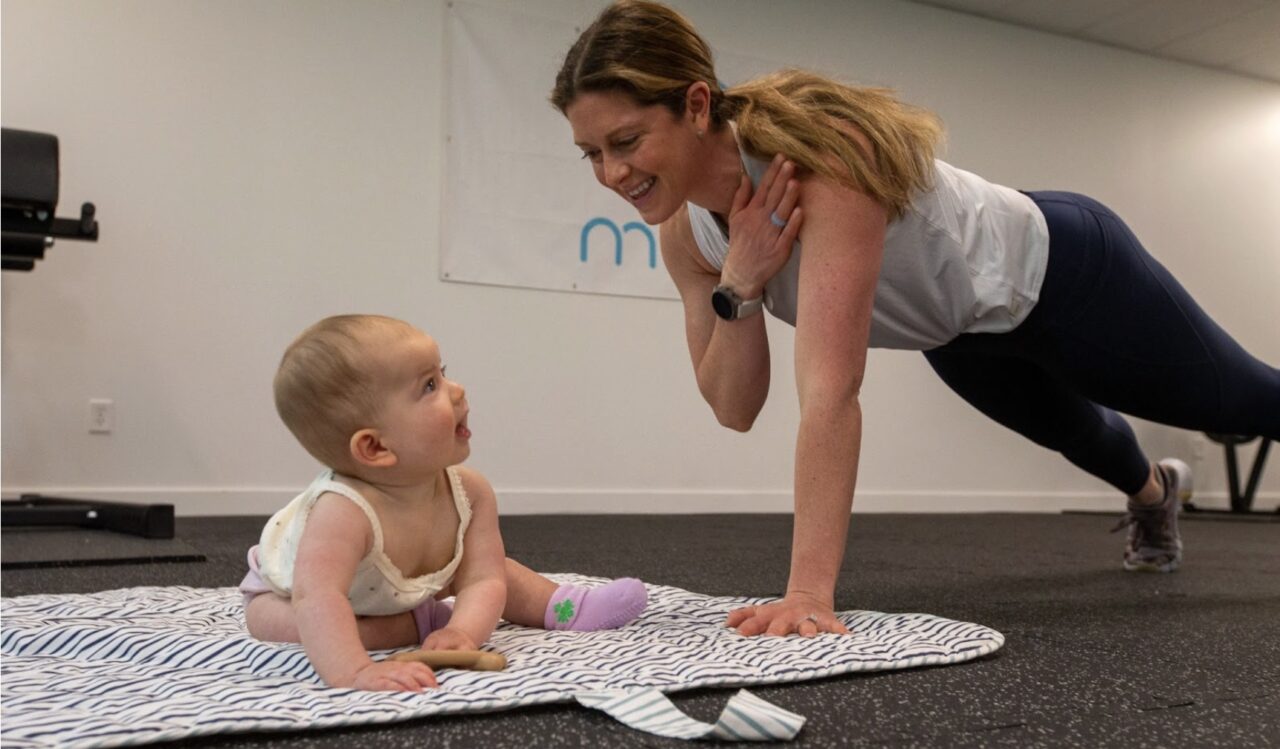As pelvic health physical therapists, we often work with athletes who are navigating the unique challenges of balancing their athletic pursuits with the demands of postpartum recovery. One topic that comes up frequently, yet isn’t often discussed enough, is the hormonal changes that occur during breastfeeding and how these can impact athletic performance. Let’s break down some of these hormonal shifts and how they might influence your training, recovery, and overall performance as an athlete.
The Role of Hormones in Breastfeeding
When you breastfeed, your body undergoes significant hormonal changes that can affect many aspects of your health, including how you feel during exercise and your body’s ability to recover afterward. The two main hormones we’ll discuss are prolactin and estrogen.
- Prolactin: This hormone is primarily responsible for stimulating milk production. It’s released in response to the baby’s sucking, and its levels remain elevated while you’re breastfeeding. Interestingly, prolactin can have an inhibitory effect on your reproductive hormones, like estrogen, which can cause changes to your menstrual cycle and even affect joint and ligament health.
- Estrogen: Estrogen levels peak during pregnancy, then immediately drop to near 0 after delivery. Estrogen and prolactin work in opposition of each other initially, allowing for prolactin to aid in milk production. Studies have shown estrogen plays a vital role in maintaining structure and function in musculoskeletal tissues such as muscles, ligaments and tendons.
How These Hormonal Changes Affect Athletic Performance
While breastfeeding offers numerous benefits for both mother and baby, it can also present some challenges for athletes. Let’s dive into how elevated levels of prolactin and decreased levels of estrogen can affect different areas of athletic performance.
- Tissue integrity
One of the most significant impacts of breastfeeding hormones is on tendon and ligament health. Prolactin can cause increased joint laxity while the lack of estrogen can affect the stiffness of tendons which has the potential to lead to more sprains, strains, and other injuries.
What You Can Do: Exercise! It’s important to focus on exercises that improve stability, such as strengthening your core, pelvic floor, glutes and hips, which play a key role in stabilizing your entire body. - Energy Levels and Endurance
Breastfeeding requires significant energy expenditure. On average, breastfeeding burns an extra 300–500 calories per day. This caloric expenditure, combined with the demands of taking care of a newborn and managing postpartum recovery, can leave many new moms feeling fatigued. In addition, the hormone prolactin can make you feel more lethargic, especially in the early days of breastfeeding.
What You Can Do: It’s crucial to listen to your body and adjust your training load accordingly. If you’re feeling more tired than usual, it might be a good idea to scale back on the intensity of your workouts and focus more on active recovery, like walking or low-impact exercises. Prioritize proper nutrition and hydration to replenish your energy levels and support both your athletic performance and breastfeeding needs. - Muscle Recovery and Postpartum Healing
During breastfeeding, decreased estrogen levels can also affect muscle recovery. This hormone has a complex interaction with other key hormones like cortisol (a stress hormone), which can affect the way your body responds to training. If your cortisol levels are high due to stress or lack of sleep, muscle repair and recovery can be delayed, and you might feel more sore or fatigued after your workouts.
What You Can Do: Incorporating recovery strategies such as proper stretching, foam rolling, and rest days is essential. Taking time for deep breathing exercises and ensuring you’re getting enough sleep (whenever possible) will also help your body manage stress and promote optimal recovery. Utilizing a variety of workouts can also help, focusing on strength one day then introducing a Tabata-style workout the next may help with muscle soreness. - Impact on Performance Motivation and Mental Health
The combination of sleep deprivation, hormonal fluctuations, and the adjustment to motherhood can leave you feeling mentally drained, which can impact your motivation to train or perform at your best.
What You Can Do: Maintaining a balance between training and self-care is key. Remember that your mental health is just as important as your physical health, have grace with yourself during this time! Setting realistic fitness goals during the breastfeeding phase is essential to avoid unnecessary pressure. Keep in mind that your body has been through an incredible transformation, and it might need additional support in the postpartum period. Make sure to find a good mental health and pelvic floor physical therapist to help aid in your recovery. We truly believe this should be standard practice!
The hormonal changes that accompany breastfeeding have a direct impact on your body’s response to exercise. As a new mother and athlete, it’s important to approach your training with patience and mindfulness. Focus on rebuilding strength, improving stability, and listening to your body’s signals.
Your body is incredibly resilient, and with the right care and attention, you can continue to thrive in your athletic journey while enjoying the rewarding experience of breastfeeding. To schedule with one of our Boulder County pelvic health specialists today, click here!

